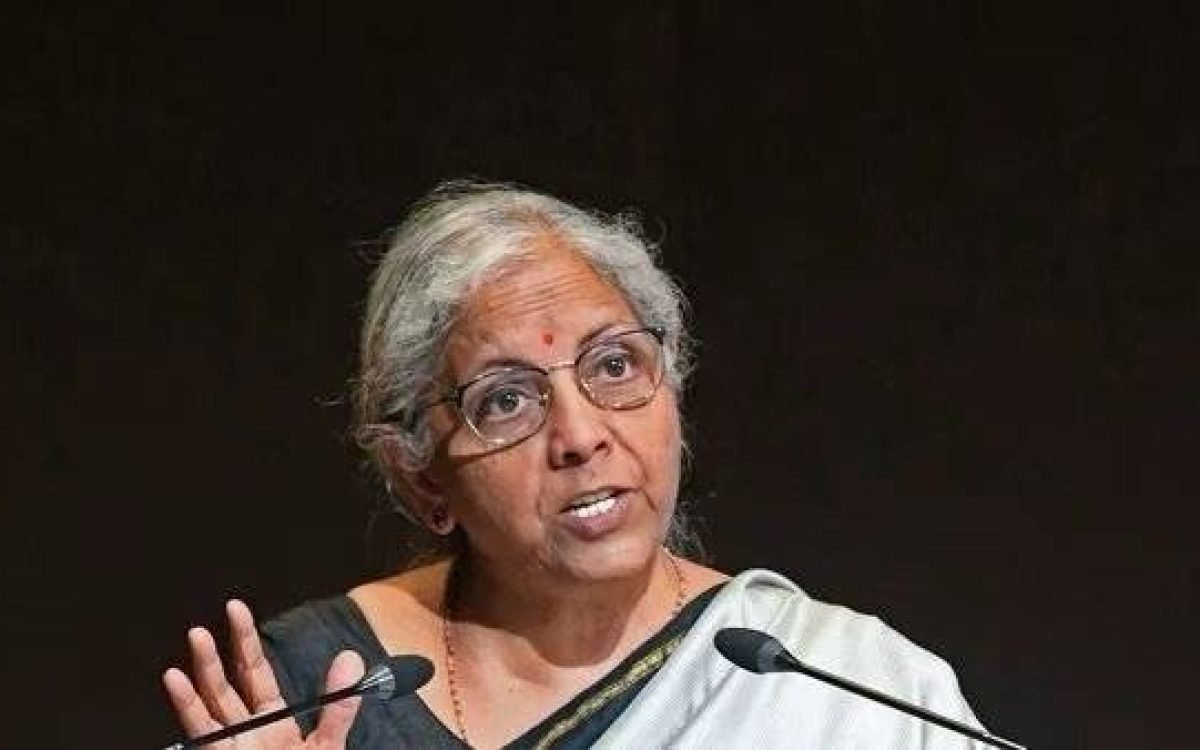Union Minister Nirmala Sitharaman’s recent decision to decline BJP President JP Nadda’s offer to contest Lok Sabha polls due to financial constraints has sparked a conversation about the hefty costs associated with Indian elections. Let’s delve into the intricate web of finances surrounding electoral campaigns in India.
The cost of contesting an election in India varies depending on factors such as the constituency’s size, the candidate’s resources, and the extent of campaigning required. While the Election Commission of India imposes expenditure caps, the reality often sees candidates surpassing these limits.
For instance, in Lok Sabha elections, candidates are allowed to spend up to ₹95 lakh in larger constituencies and ₹75 lakh in smaller ones. Similarly, assembly constituency candidates face caps of ₹40 lakh and ₹20 lakh for bigger and smaller seats, respectively.
However, these caps are frequently disregarded, with candidates often splurging on various campaign expenses and voter enticements. Despite the financial burden, elections remain a cornerstone of democracy, necessitating widespread outreach and engagement.
Nirmala Sitharaman’s case sheds light on the disparity between candidates’ financial resources and the demands of electoral campaigns. Despite her position as the country’s finance minister, she cited financial limitations as a barrier to contesting Lok Sabha elections.
In contrast, candidates like Ashok Kumar, the AIADMK nominee for the Erode Lok Sabha seat, boast staggering declared assets, with a net worth exceeding ₹583 crore. This vast wealth underscores the correlation between affluence and electoral viability.
Yet, it’s crucial to recognize that financial prowess alone doesn’t guarantee electoral success. History is rife with instances where affluent candidates failed to secure victories, highlighting the multifaceted dynamics of Indian politics.
As India gears up for the forthcoming Lok Sabha elections in 2024, the nexus between elections and finances will undoubtedly remain a topic of scrutiny and debate. While money undoubtedly wields influence in electoral processes, the essence of democracy lies in the diverse voices and perspectives that shape the electoral landscape.
In conclusion, the cost of democracy in India extends beyond monetary figures, encompassing the complexities of representation, accountability, and civic participation. Understanding and addressing the financial aspects of elections are crucial steps towards fostering a more equitable and inclusive democratic process.









